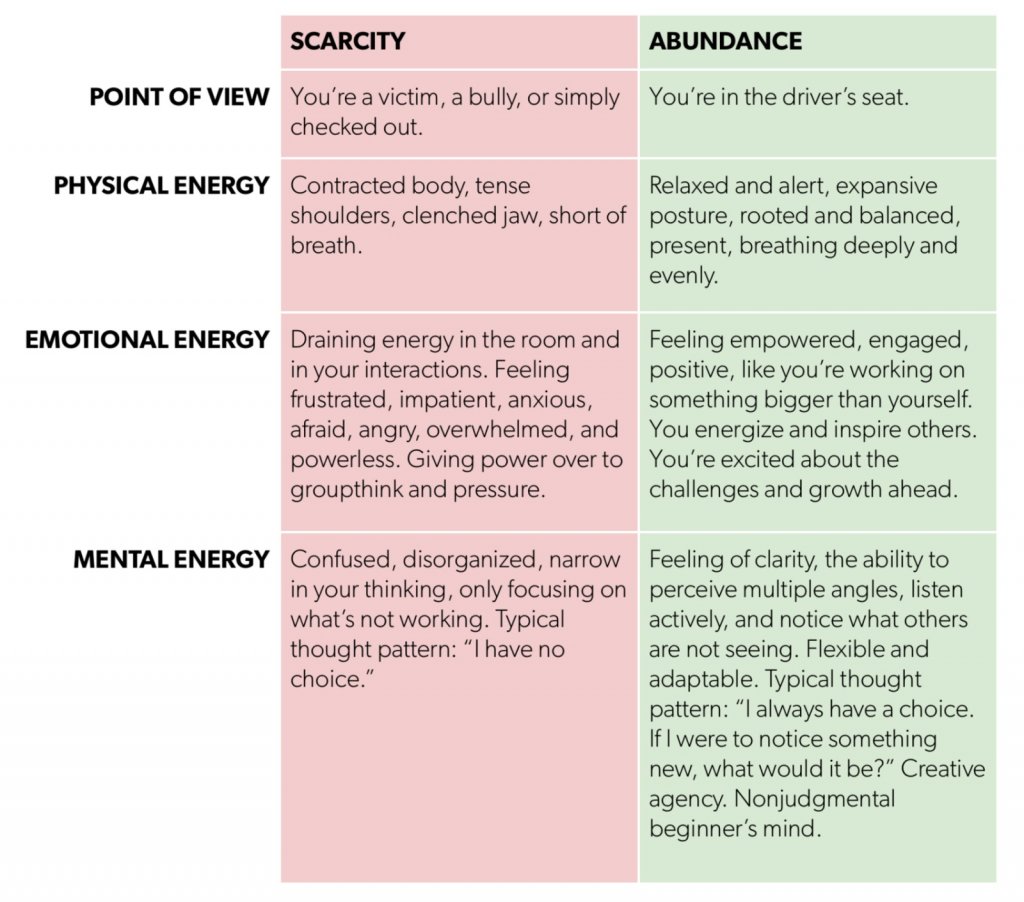
A blog by Annette Bramley – Director of the N8 Research Partnership
Steven Covey, the author of 7 Habits of Highly Effective People, wrote,
“Most people are deeply scripted in what I call the Scarcity Mentality. They see life as having only so much, as though there were only one pie out there. And if someone were to get a big piece of the pie, it would mean less for everybody else. The Scarcity Mentality is the zero-sum paradigm of life.
“People with a Scarcity Mentality have a very difficult time sharing recognition and credit, power or profit – even with those who help in the production. They also have a very hard time being genuinely happy for the successes of other people – even, and sometimes especially, members of their own family or close friends and associates. It’s almost as if something is being taken from them when someone else receives special recognition of or windfall gain or has remarkable success or achievement.”
There are many causes of a scarcity mindset. Fear, competition for resources and uncertainty trigger our ‘lizard brain’ – the part of our brain that is in charge of our flight or fight response to threat. When something is scarce, our lizard brain thinks it is more valuable- cue desperate stockpiling of toilet roll in the face of the Covid-19 pandemic, for example. These are Darwinian urges – we don’t want to be left behind. Fear of missing out, or FoMo, is a relatively new variant of scarcity – ‘am I missing out on something?’
This kind of mindset has really important consequences, and they tend not to be positive, so it’s not a surprise that it has a highly destructive effect on our ability to collaborate and share. Toilet roll, anyone? A scarcity mindset leads to lapses in self-control, less willpower, overconsumption, poor judgement and envy.
Our lizard brain gives us tunnel vision- an obsessive focus on the thing that is scarce and which we desire. It drives short-term over long term thinking, often making matters worse instead of better in the long run. And worse of all for collaboration, it makes us selfish and greedy. We keep those scarce resources for ourselves or for our tribes. It’s really hard to be generous if you feel insecure.
Academia is a breeding ground for a scarcity mindset. There is competition for funding, to be published in high impact journals, for status, for prizes and recognition. Imposter Syndrome – or the fear of being found out – can also trigger bad behaviours. Demand management on behalf of funders can also trigger these responses – what’s best for me/my group/my university over what is the best research even if it is not mine. There are two things we need to do to reduce the scarcity mindset – firstly look to our own behaviours and responses to triggers and secondly, to look at the system and how we can reduce the triggers themselves. If we don’t do this we will never be able to step into collaboration in the way we need to, to address problems like climate change and a net-zero recovery from Covid-19.
There are benefits to real scarcity. It can drive innovation and collaboration, as we have seen play out during the recent crisis as academics and industry have come together to devise new ventilation devices and diagnostics for Covid-19. The need for innovation and the common cause can break down barriers which at other times may have seemed insurmountable and drive new creative approaches.
The irony is that thriving during real scarcity requires what Stephen Covey calls ‘an abundance mindset’ – to appreciate what we have and make the most of it, being generous with our time, knowledge and resources, sharing with others and thinking about life as an adventure. Katia Verresen, a leadership coach has summarised the difference between these two mindsets[1]:

We have seen through Covid-19 that with common goals and an abundance mindset we can move mountains. We need to take these lessons and change our behaviours and systems to make collaboration abundant within our research and innovation ecosystem in the UK. We need to leave FoMo behind and allow collaboration to thrive.
[1] https://firstround.com/review/the-remarkable-advantage-of-abundant-thinking/